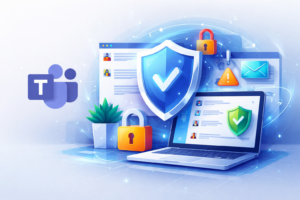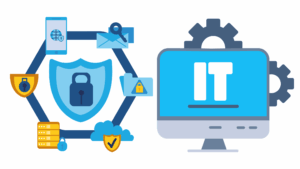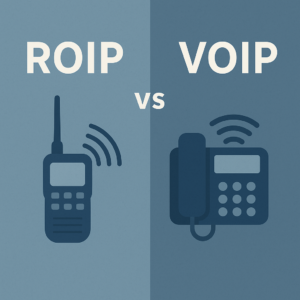That $899 laptop from Best Buy looks like a deal—until it freezes during payroll, fails a security audit, or dies mid-deposition. Consumer-grade machines aren’t built for regulated, high-stakes environments. They’re short-term fixes that create long-term risk.
Consumer Devices Aren’t Business Tools Retail computers are built for email and streaming. Your work demands uptime, performance, and compliance. Plugging retail gear into a professional workflow is like racing a Corolla in the Arctic—it’s not built for it, and it will break.
Why This Matters: Consumer-grade devices often lack the processing power, memory, and durability needed for business applications. In finance, this might mean slow spreadsheet calculations. In law, it could mean a system crash during a video deposition. In mining, field laptops must withstand extreme environmental conditions. Business-grade devices are designed for these demands—with reinforced chassis, enterprise-grade components, and tested reliability.
Mismatched Machines = IT Mayhem One device from Amazon. Another from Costco. Each with different drivers, firmware, and failure points. That lack of standardization sabotages your IT team. Updates fail. Compatibility breaks. Compliance drifts.
Why This Matters: IT teams spend up to 40% more time troubleshooting hardware issues in non-standardized environments. One healthcare provider CasCom onboarded had five different laptop models for eight users—creating a nightmare for patching and endpoint monitoring. Once standardized, ticket volume dropped by 70%.
Security Is Not Optional Retail machines don’t support the security controls your business needs—firmware hardening, remote wipe, Active Directory integration. That’s not just a gap. It’s a liability.
Why This Matters: Business-grade hardware supports advanced security stacks: BitLocker encryption, BIOS lockdown, device-level authentication, and centralized fleet management. A legal firm we assisted was unknowingly using laptops without firmware protections—creating risk under PIPEDA regulations. After a move to secure, business-grade machines, they passed their next audit with zero flags.
Support Isn’t Just Slower—It’s Impossible Consumer devices lack enterprise warranties, spare parts, and lifecycle planning. Your IT partner can’t fix what they can’t predict. So you’re always reacting, never scaling.
Why This Matters: Every machine should come with a lifecycle plan—when it was purchased, when it’s due for replacement, and which parts are stocked. A local accounting firm previously waited three weeks for a part from a discontinued model. We replaced their ad-hoc mix with a uniform fleet from a single vendor. Result: downtime slashed by 90%.
The Real Cost Isn’t at Checkout What looks like savings becomes hidden costs:
- $1,000+ lost per hour of downtime for a 10-person team
- $30K+ per incident for a compliance breach
- Double hardware spend by replacing cheap machines every 2 years
Business Case: Let’s break down the math:
- Retail Laptop: $899 x 10 units = $8,990
- Lifespan: 2 years = $4,495/year
- Business Laptop: $1,499 x 10 units = $14,990
- Lifespan: 5 years = $2,998/year Savings with business-grade hardware: $1,497/year PLUS reduced downtime and risk
CasCom’s Fleet Approach We don’t just ship boxes. We match business-grade hardware to your roles, standardize your fleet, and lock in predictable performance, security, and ROI. One ecosystem. Zero guesswork.
Why It Works: Each department gets the right tool for the job. Finance gets stability. Engineers get power. Field techs get durability. All devices are supported by a single update schedule, security policy, and management platform.
Ready to See the Difference? Get Your Free Workstation Audit













